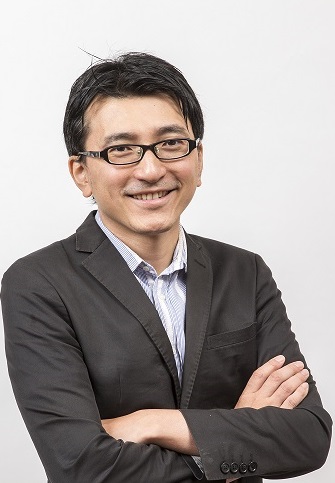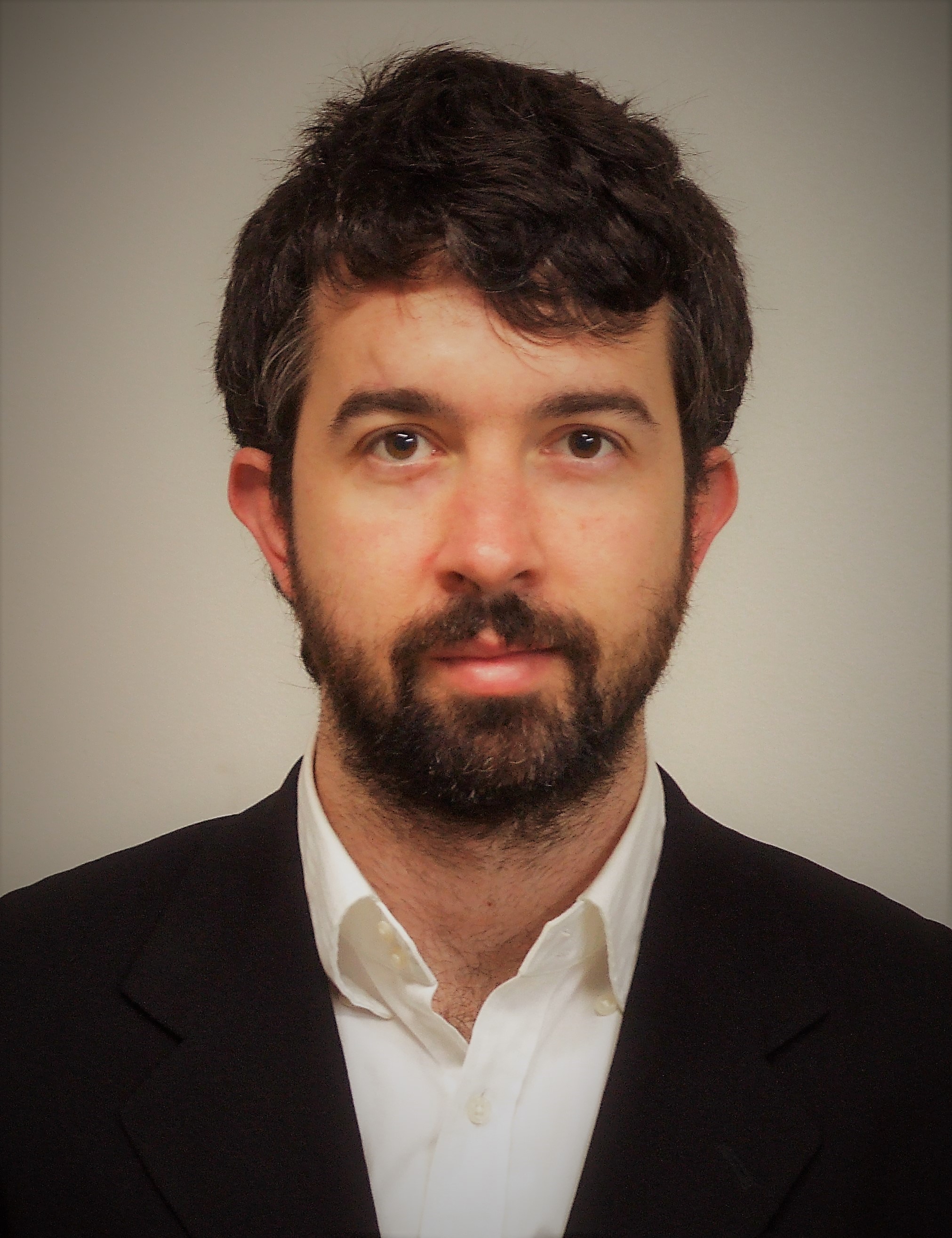
Purpose:
Social demand for robots to be our partners in the daily life is rapidly increasing. Full autonomous robots living with us should be the biggest dream for us to respond to the social demand. In addition to full autonomous robots, partial autonomy, in which the robots move autonomously in limited settings sharing its goals and behavior with humans, is another important solution for the robots to be our partners. Motion support of elderly and disability people and medical application are the potential fields of partial autonomy.
We have already developed many tools for creating the robots to be our partners such as the cognitive function modules by AI, soft bodies including soft actuators and sensors, and the human-robot communication skills through language and body contacts. When we evaluate each function, many of them are sometimes beyond our capabilities.
Instead of these advances, it seems that just the combinations of these tools are not enough to develop the robots what we want. What is needed and what is lacking for the next generation of robots?
In this round table, we would like to clarify what is enough and what is lacking for developing the next generation of robots, and create the discussion basis for further advances of cognitive robots and system.
Discussion Movies
Organizers:
Shingo Shimoda, Tadahiro Taniguchi and Takayuki Nagai
Date:
December 21st, (12am--2pm UTC, 1pm--3pm CET, 9pm--11pm JST), 2020
Round Table Panelists:
Prof. Tadahiro Taniguchi (Ritsumeikan University, Japan)

Tadahiro Taniguchi received the ME and Ph.D. degrees from Kyoto University, in 2003 and 2006, respectively. From April 2005 to March 2006, he was a Japan Society for the Promotion of Science (JSPS) Research Fellow (DC2) at the Department of Mechanical Engineering and Science, Graduate School of Engineering, Kyoto University. From April 2006 to March 2007, he was a JSPS Research Fellow (PD) at the same department. From April 2007 to March 2008, he was a JSPS Research Fellow at the Department of Systems Science, Graduate School of Informatics, Kyoto University. From April 2008 to March 2010, he was an Assistant Professor at the Department of Human and Computer Intelligence, Ritsumeikan University. From April 2010 to March 2017, he was an Associate Professor at the same department. From September 2015 to September 2016, he is a Visiting Associate Professor at the Department of Electrical and Electronic Engineering, Imperial College London.
Since April 2017, he has been a Professor at the Department of Information Science and Engineering, Ritsumeikan University. From April 2017, he has been a visiting general chief scientist, Technology Division, Panasonic, as well.
He has been engaged in research on machine learning, emergent systems, intelligent vehicles and symbol emergence in robotics.
Prof. Takayuki Nagai (Osaka University, Japan)
 Takayuki Nagai received his BE, ME, and PhD degrees from the
Department of Electrical Engineering, Keio University, in 1993, 1995,
and 1997, respectively. Since 1998, he had been with the University of
Electro-Communications, and from 2018 he has been a professor of the
graduate school of Engineering Science, Osaka University. From 2002 to
2003, he was a visiting scholar at the Department of Electrical
Computer Engineering, University of California, San Diego. He also
serves as a specially-appointed professor at UEC AIX. His research
interests include intelligent robotics, cognitive developmental
robotics, and robot learning. He aims at realizing flexible and
general human-like intelligence by combining AI and robot
technologies.
Takayuki Nagai received his BE, ME, and PhD degrees from the
Department of Electrical Engineering, Keio University, in 1993, 1995,
and 1997, respectively. Since 1998, he had been with the University of
Electro-Communications, and from 2018 he has been a professor of the
graduate school of Engineering Science, Osaka University. From 2002 to
2003, he was a visiting scholar at the Department of Electrical
Computer Engineering, University of California, San Diego. He also
serves as a specially-appointed professor at UEC AIX. His research
interests include intelligent robotics, cognitive developmental
robotics, and robot learning. He aims at realizing flexible and
general human-like intelligence by combining AI and robot
technologies.
Prof. Lorenzo Jamone (Queen Mary University of London, UK) Cognitive Robotics
 Lorenzo Jamone is a Senior Lecturer in Robotics at the Queen Mary University of London (QMUL), in the UK.
Lorenzo Jamone is a Senior Lecturer in Robotics at the Queen Mary University of London (QMUL), in the UK.
He is the director of the CRISP (Cognitive Robotics and Intelligent Systems for the People) research group, which is part of ARQ (Advanced Robotics at Queen Mary), and he is a Turing Fellow at The Alan Turing Institute.
His main research interest is in Cognitive Robotics: building intelligent robots by taking inspiration from humans, and validating theories of human cognition by testing computational models on robots.
He is author of more than 80 publications (h-index 22) in this area, on topics that include: dexterous manipulation, visuo-haptic perception and exploration, object affordances, tool use, body schema, eye-hand coordination, human-robot interaction and collaboration, tactile and force sensing.
He collaborates with VisLab, at the Instituto de Sistemas e Robotica of the Instituto Superior Tecnico (Lisbon, Portugal), as visiting associate researcher in humanoid and cognitive robotics, and with SuganoLab, at the Department of Modern Mechanical Engineering of Waseda University (Tokyo, Japan), as visiting professor in tactile sensing for robotic manipulation.
Before he was with the Biped Group of Takanishi Lab (Waseda University), and with the RBCS (Robotics Brain and Cognitive Science) Department of the IIT (Italian Institute of Technology).
Prof. Kyujin Cho (Seoul National Univ., Korea) Soft Robotics, Motion Support

Prof. Dimitri Ognibene (University of Milano Bicocca)
.jpg) Dimitri Ognibene is Associate Professor of Human Technology Interaction at University of Milano-Bicocca, Italy. His main interest lies in understanding how social agents with limited sensory and computational resources can adapt to complex and uncertain environments, how this can induce suboptimal behavior such as addiction or antisocial behaviors, and how this understanding may be applied to real life problems. To this end he develops both neural and Bayesian models and applies them both in physical, e.g. robots, and virtual, e.g. social media, settings.
Dimitri Ognibene is Associate Professor of Human Technology Interaction at University of Milano-Bicocca, Italy. His main interest lies in understanding how social agents with limited sensory and computational resources can adapt to complex and uncertain environments, how this can induce suboptimal behavior such as addiction or antisocial behaviors, and how this understanding may be applied to real life problems. To this end he develops both neural and Bayesian models and applies them both in physical, e.g. robots, and virtual, e.g. social media, settings.
Before joining Milano Bicocca University, he was at the University of Essex as Lecturer in Computer Science and Artificial Intelligence from October 2017 having moved from University Pompeu Fabra (Barcelona, Spain) where he was a Marie Curie Actions COFUND fellow. Previously he developed algorithms for active vision in industrial robotic tasks as a Research Associate (RA) at Centre for Robotics Research, Kings’ College London; He developed Bayesian methods and robotic models for attention in social and dynamic environments as an RA at the Personal Robotics Laboratory in Imperial College London. He studied the interaction between active vision and autonomous learning in neuro-robotic models as an RA at the Institute of Cognitive Science and Technologies of the Italian Research Council (ISTC CNR). He also collaborated with the Wellcome Trust Centre for Neuroimaging (UCL) to study how to model exploration in the active inference modelling paradigm. He has been Visiting Researcher at Bounded Resource Reasoning Laboratory in UMass and at University of Reykjavik (Iceland) exploring the symmetries between active sensor control and active computation or metareasoning. He obtained his PhD in Robotics in 2009 from University of Genoa with a thesis titled “Ecological Adaptive Perception from a Neuro-Robotic perspective: theory, architecture and experiments” and graduated in Information Engineering at the University of Palermo in 2004. He is handling editor of Cognitive Processing, review editor for Paladyn ? The journal of Behavioral Robotics, Frontiers Bionics and Biomimetics, and Frontiers Computational Intelligence in Robotics, guest associate editor for Frontiers in Neurorobotics and Frontiers in Cognitive Neuroscience. He has been chair of the robotics area of several conferences and workshops.
Dr. Alessandra Sciutti (Italian Institute of Technology, Italy) Cognitive Robotics

Alessandra Sciutti was born in 1982. She received her B.S and M.S. degrees in Bioengineering and the Ph.D. in Humanoid Technologies from the University of Genova in 2010. After a Post Doc at the Italian Institute of Technology (IIT) and two research periods in USA and Japan, she became the scientific responsible of the Cognitive Robotics and Interaction Laboratory of the Robotics Brain and Cognitive Sciences Department at IIT. After being Assistant Professor in Bioengineering at DIBRIS University of Genoa, she is now Tenure Track Researcher, head of the CONTACT (COgNiTive Architecture for Collaborative Technologies) unit of IIT. In 2018 she has been awarded the ERC Starting Grant wHiSPER (www.whisperproject.eu), focused on the investigation of joint perception between humans and robots. She published more than 80 papers and abstracts in international journals and conferences and participated in the coordination of the CODEFROR European IRSES project (https://www.codefror.eu/). The scientific aim of her research is to investigate the sensory and motor mechanisms underlying mutual understanding in human-human and human-robot interaction. More info at https://www.iit.it/people/alessandra-sciutti
Dr. Yohei Oseki (University of Tokyo) Language

Yohei Oseki is an Assistant Professor in the Department of Language and Information Sciences at University of Tokyo and a visiting scientist at RIKEN Center for Advanced Intelligence Project (AIP). Before joining University of Tokyo, he received a Ph.D. from the Department of Linguistics at New York University in 2018 and was a visiting scholar at the Department of Linguistics at the University of Massachusetts Amherst and the Cold Spring Harbor Laboratory. His research integrates natural language processing with the cognitive science of language and attempts to reverse-engineer "human-like" language processing. He founded Computational Psycholinguistics Tokyo (CPT) and also organized Cognitive Modeling and Computational Linguistics (CMCL).
Dr. Shingo Shimoda (RIKEN, Japan), Cognitive Robotics, Bio-mimetic system

Shingo Shimoda is a Unit leader in Intelligent Behavior Control Unit at RIKEN CBS-TOYOTA Collaboration Center.
He received General Chairs' Recognition Award in CDC 2009 and CoTeSys Cognitive Robotics Best Paper Award in IROS 2010. He is co-chair of IEEE RAS Technical Committee on Cognitive Robotics.
Agenda
1. The purpose goal of this round table by Dr. Shingo Shimoda
2. Self-Introduction: (5 min each)
3. Discussions
I. What is the problem and what is required for further advances of Cognitive Robots and System ?
II. What is the important research topic for further advances
III. Clarification of “Cognitive Robotics Problems”
4. Closing remarks By Prof. Tadahiro Taniguchi
Link
Advanced Robotics, Special Issue on Symbol Emergence in Robotics and Cognitive Systems